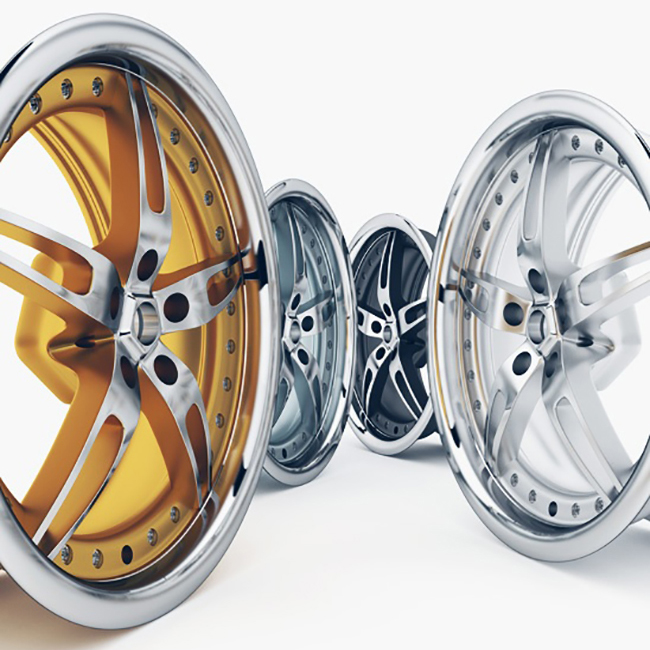സെപ് . 19, 2024 15:53 Back to list
Metric Shaft Seals | High-Quality Sealing Solutions
Understanding Metric Shaft Seals Essential Components for Machine Performance
Metric shaft seals are crucial components in various mechanical systems, playing a vital role in preventing fluid leaks and protecting machinery from contaminants. These seals are designed to fit shafts of specific diameters measured in millimeters, making them particularly important for equipment that adheres to metric specifications.
The primary function of a metric shaft seal is to retain lubricants and oils within a system while keeping out dirt, dust, and other external contaminants. This is essential for maintaining the efficiency and longevity of rotating machinery, such as electric motors, pumps, and gearboxes. A failure in sealing can lead to lubricant leakage, increased wear on components, and ultimately, mechanical failure.
Metric shaft seals come in various designs and materials, tailored for different applications and operating conditions. Common materials include rubber, silicone, and polyurethane, each providing distinct advantages depending on factors like temperature, pressure, and chemical exposure. For instance, nitrile rubber seals are widely used due to their excellent oil resistance and durability, making them suitable for automotive applications. On the other hand, fluorocarbon seals are ideal for environments with extreme temperature fluctuations or exposure to harsh chemicals.
metric shaft seals

One of the critical considerations when selecting a metric shaft seal is the fitment, which involves precise measurements of the shaft diameter and housing dimensions. A proper fit ensures that the seal operates effectively, minimizing the risk of leakage. Additionally, the groove design in which the seal is mounted also affects performance, requiring attention to detail during installation.
The installation of metric shaft seals must be conducted with care. Improper installation can compromise the seal’s effectiveness and lead to premature failure. It’s essential to ensure that the sealing surface is clean and smooth, and to avoid damaging the seal during installation. Moreover, applying lubrication to the seal can assist in smoother operation and reduce initial wear.
Regular maintenance and inspection of metric shaft seals are also vital. Over time, seals can degrade due to wear and environmental factors, so timely replacement is necessary to ensure ongoing protection. Detecting signs of failure, such as abnormal noise or fluid leaks, can prevent costly downtime and repairs.
In conclusion, metric shaft seals are indispensable for maintaining the performance and reliability of machinery across various industries. Their role in preventing leaks and contamination cannot be overstated, making them essential components in almost every mechanical system. By understanding their importance and ensuring proper selection, installation, and maintenance, users can enhance the efficiency and longevity of their equipment.
-
TCN Oil Seal Metal Ring Reinforcement for Heavy Machinery
NewsJul.25,2025
-
Rotary Lip Seal Spring-Loaded Design for High-Speed Applications
NewsJul.25,2025
-
Hydraulic Cylinder Seals Polyurethane Material for High-Impact Jobs
NewsJul.25,2025
-
High Pressure Oil Seal Polyurethane Coating Wear Resistance
NewsJul.25,2025
-
Dust Proof Seal Double Lip Design for Construction Equipment
NewsJul.25,2025
-
Hub Seal Polyurethane Wear Resistance in Agricultural Vehicles
NewsJul.25,2025
-
The Trans-formative Journey of Wheel Hub Oil Seals
NewsJun.06,2025
Products categories
















